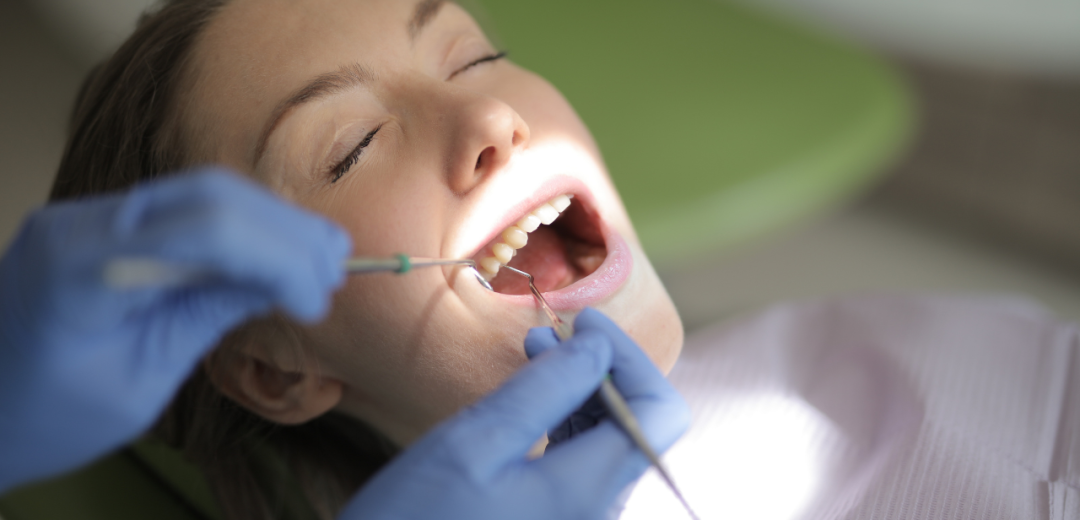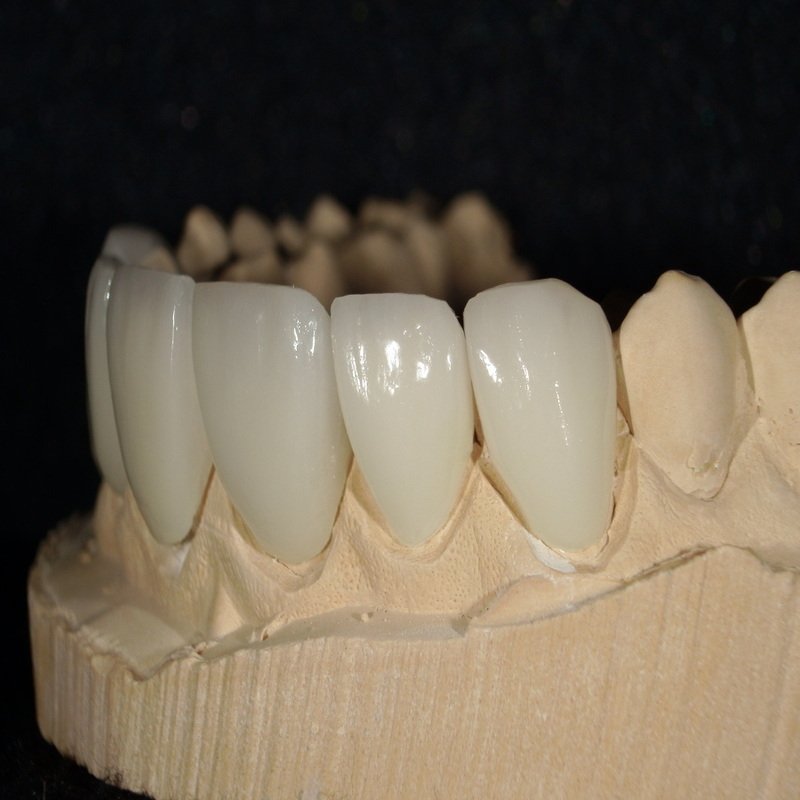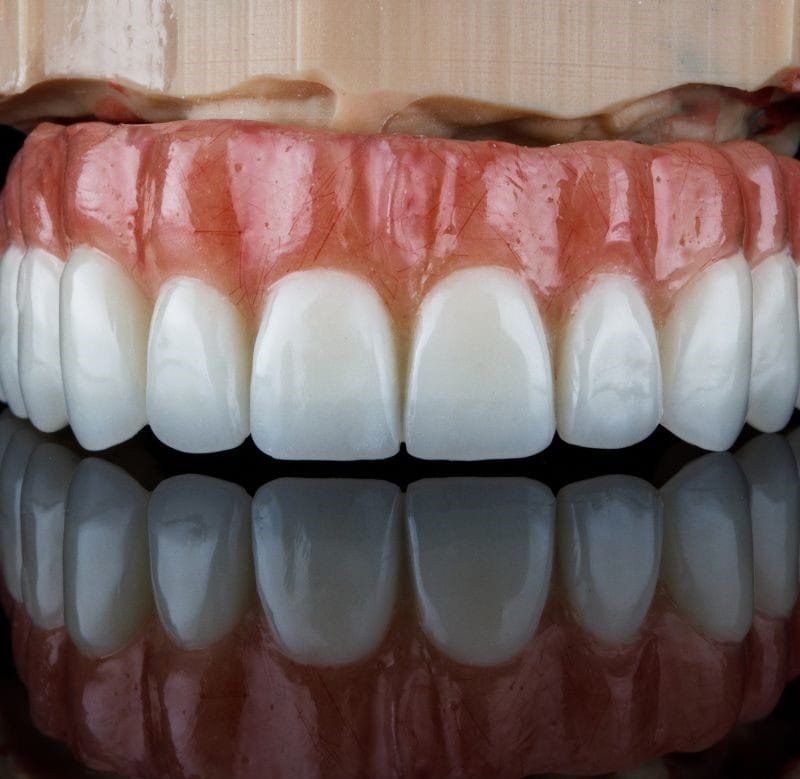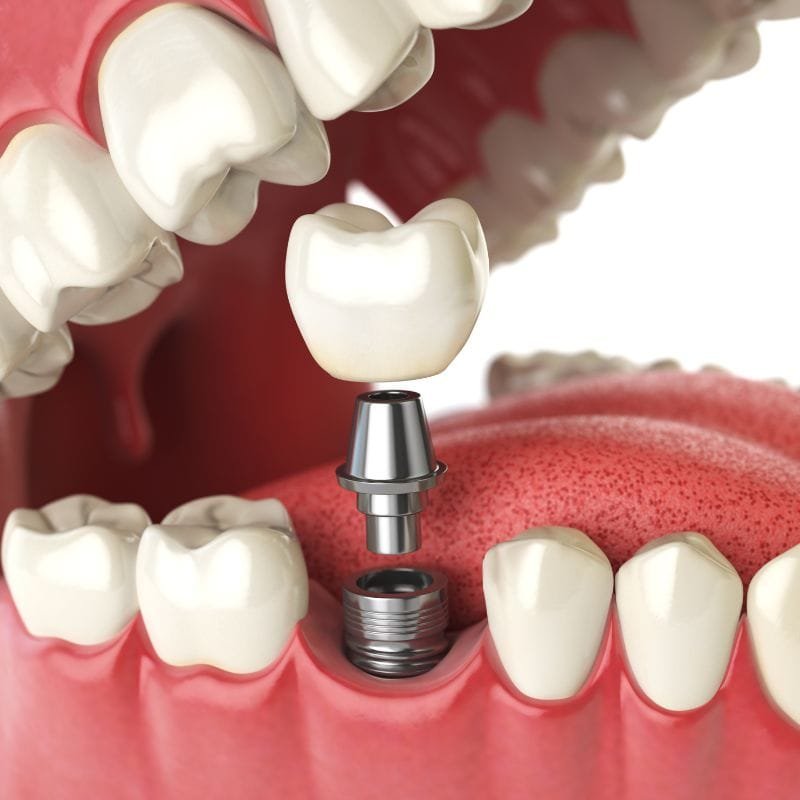Can a Pregnant Person Have Dental Treatment? Exploring Safety and Considerations
Pregnancy is a transformative journey marked by numerous changes, and maintaining good oral health is essential during this time. As an expectant mother, you might wonder if it’s safe to undergo dental treatment while pregnant. This article delves into the intricacies of dental work during pregnancy, highlighting the precautions and recommendations to ensure both your oral health and your baby’s well-being.
Understanding Dental Work To Pregnant Person
Can Dental Work Be Done During Early Pregnancy? Exploring the Risks
Dental work during early pregnancy requires careful consideration. While some dental procedures can be safely performed, assessing the potential risks is important. Factors determining whether dental work is advisable during this crucial period include the nature of the procedure, its necessity, and the stage of pregnancy.
The Safest Trimester for Dental Work: Exploring the Second Trimester
Among the three trimesters of pregnancy, the second trimester is generally considered the safest window for dental treatment. The reduced risk of potential complications and the stability of the pregnancy contribute to the safety of dental work during this period.
Tooth Fillings During Pregnancy: Balancing Safety and Necessity
Addressing dental issues like cavities is vital to overall health. Tooth fillings during pregnancy are generally considered safe, and the decision to undergo this treatment is often based on the urgency and necessity of the situation. Dentists consider the materials used and the extent of the cavity to ensure the well-being of both the mother and the baby.
Exploring Dental Procedures To Pregnant Person
What Dental Procedures Cannot Be Done During Pregnancy?
While many dental procedures can be performed safely, elective treatments may be postponed until after pregnancy to minimize potential risks. Procedures involving anesthesia, extensive surgery, or medications that could affect the developing baby are typically deferred.
Can You Get a Tooth Pulled During Pregnancy? Understanding the Risks
The possibility of needing a tooth extraction while pregnant raises questions about potential risks. Factors such as the urgency of the extraction, the type of anesthesia required, and the impact on the mother’s comfort are considered when determining the appropriateness of the procedure.
Handling Tooth Infections During Pregnancy: The Importance of Timely Treatment
Untreated tooth infections can pose risks to both the mother and the baby. If an infection is suspected, seeking timely dental care is crucial. Infections can lead to inflammation and potential complications, highlighting the importance of addressing dental issues promptly.
Can Tooth Decay Affect Pregnancy? Exploring the Connection
The impact of oral health on pregnant person is a topic of interest. Research suggests that there may be links between poor oral health and an increased risk of certain pregnancy complications. Maintaining good oral hygiene and addressing tooth decay can promote a healthier pregnancy.



